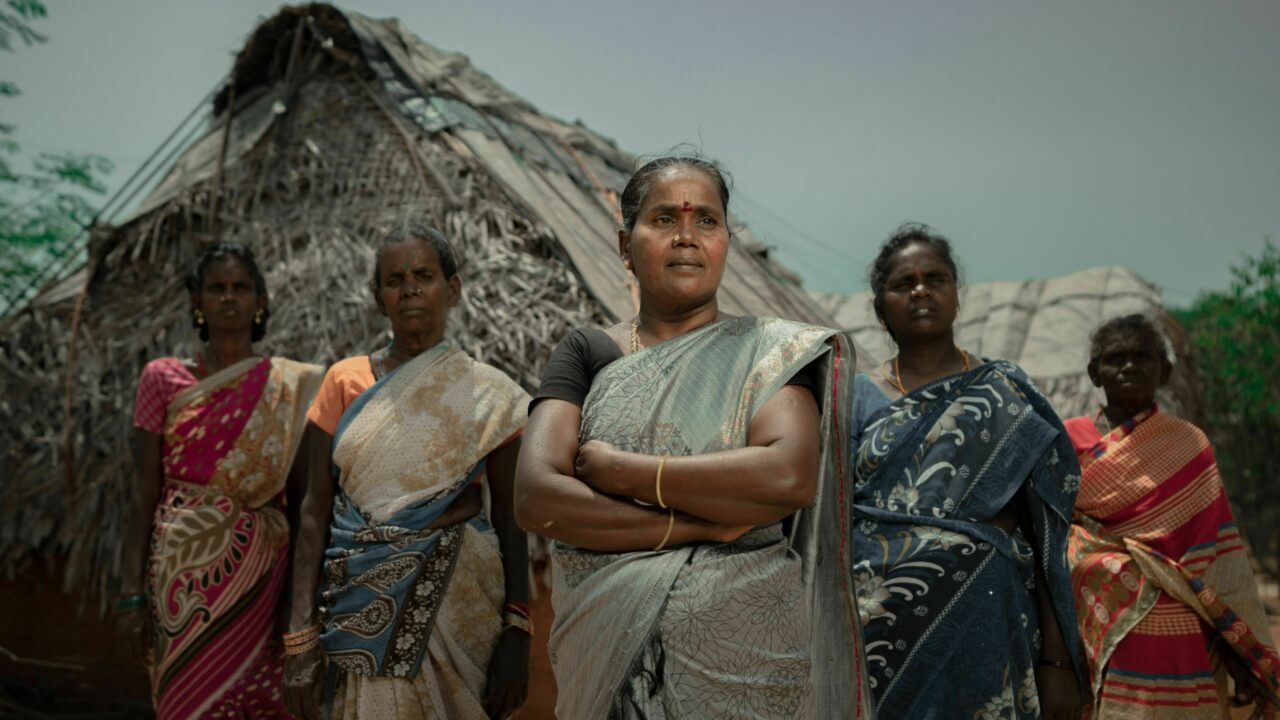February 22nd: A Day to Raise Awareness and Take Action Against Human Trafficking
Human Trafficking
Human trafficking is a crime that affects millions of lives around the world each year. Hidden in plain sight, it has become one of the most pervasive and devastating human rights violations of our time. February 22nd marks Canada's National Human Trafficking Awareness Day, a moment to reflect, take action and advocate for those who are trapped in this form of modern slavery.
What is Human Trafficking?
Human trafficking involves the recruitment, transportation, harbouring, or control of individuals through coercion, deception, or force for the purpose of exploitation, typically for sexual exploitation or forced labour. It is often described as a modern form of slavery and is one of the fastest-growing criminal industries worldwide. Source.
Globally, the United Nations Office on Drugs and Crime (UNODC) reports that:
- 79% of trafficking cases involve sexual exploitation.
- 18% involve forced labour, though the actual number may be higher due to underreporting.
- Nearly 20% of all identified trafficking victims are children.
Source: UNODC Global Report on Human Trafficking
What are the Most Common Forms of Exploitation?
Human trafficking takes various forms, each involving the exploitation of individuals through coercion, deception, or force. Some of the main types include:
- Sex Trafficking – Victims are forced, deceived, or coerced into engaging in commercial sex acts. This often affects women and children, but men can also be victims.
- Forced Labour is when individuals are compelled to work under threats, debt bondage, or other forms of coercion. It is common in industries such as agriculture, construction, and domestic work.
- Forced Criminality- Trafficking for forced criminality is an emerging concern, with victims coerced into illegal activities like drug trafficking, theft, fraud and online scams.
Human trafficking is a severe violation of human rights and remains a significant global issue. Survivors like Samara* know the devastating effects of this crime all too well. Trafficked from Romania to the United Kingdom, she was abused and forced into commercial sexual exploitation for years until IJM and local law enforcement were able to help her get justice and return home.
IJM's Frontline Efforts Against Human Trafficking
International Justice Mission (IJM) is on the frontlines working with local authorities in 33 program offices in 19 countries to combat slavery, violence against women and children and police abuse of power. IJM’s mission is to protect people in poverty from violence by rescuing victims, bringing criminals to justice, restoring survivors to safety and strength, and helping local law enforcement build a safe future that lasts.
In 2023, you helped IJM and our partners:
Relieve
10,569children, women and men from violence
Restore
246survivors to safety, stability and strength*
Restrain
2,583suspected perpetrators of violence
Train
44,333justice system officials, community members and other NGO staff to better protect their communities
Convict
3,222traffickers and abusers in local courts
Note: The numbers in this report reflect results achieved in fiscal year 2024, from April 2023 to March 2024
*This number represents survivors “fully restored” using IJM’s externally validated Assessment of Survivor Outcomes tool. There are thousands more survivors currently receiving support through participating in ongoing aftercare programs.
How Canadians Can Take Action Against Human Trafficking
Raising awareness is only the first step—here’s how you can be part of the solution in Canada and around the world:
- Educate Yourself: Learn to recognize the signs of human trafficking. Familiarize yourself with resources from Canadian entities like Public Safety Canada, The Joy Smith Foundation, BridgeNorth, Not In My City, and the Canadian Human Trafficking Hotline.
- Support IJM: Donations help fund international rescue operations, legal aid, and survivor rehabilitation programs. Visit IJM Canada to contribute.
- Pray for Justice: If you are someone who prays, you can join IJM’s prayer network at www.ijm.ca/prayer to receive specific prayer requests for survivors and global frontline workers.
- Report Suspicious Activity: If you suspect human trafficking in Canada, call the Canadian Human Trafficking Hotline at 1-833-900-1010 or access their live chat for assistance. Always call 911 in case of emergency.
- Talk About It: Conversations matter. Share this information with friends, family, your faith community and colleagues. The more people who understand human trafficking, the harder it becomes for traffickers to operate in secrecy. Learn how you can activate your community here.
Will you stand with us in the fight against human trafficking?
Every action—no matter how small—contributes to the fight against human trafficking. By raising awareness, advocating for stronger protections and supporting survivors, we can create a world where no one is exploited, and every person has the chance to live in freedom.